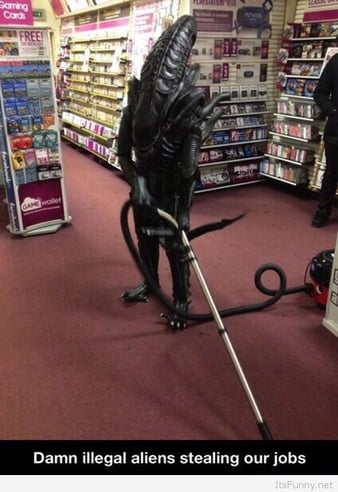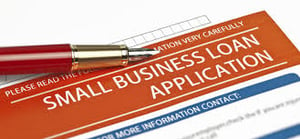 Does the SBA have a minimum credit score? What if I was forced to declare bankruptcy during the Great Recession? Is it still possible for me to get an SBA loan?
Does the SBA have a minimum credit score? What if I was forced to declare bankruptcy during the Great Recession? Is it still possible for me to get an SBA loan?
You will recall that the Small Business Administration does not make commercial loans. Instead, the SBA merely guarantees a portion of certain commercial loans secured by commercial real estate and/or business equipment. I want you to please remember that word, "portion". We are going to come back to it later in this training lesson.

So an SBA loan request came into C-Loans.com this week. C-Loans.com is a commercial loan portal where commercial mortgage borrowers can quickly create a commercial loan application and then submit that same mini-app to 750 different commercial lenders. If six lenders turn your deal down, within seconds you can ship off your commercial loan application to six more lenders. You continue this until finally some commercial lender says, "Yes."
Now this SBA loan applicant was a physician. He was trying to buy a medical office building, but the problem was that he had declared bankruptcy less than two years earlier. Could he get an SBA loan? What was the SBA's minimum credit score? I honestly didn't know.
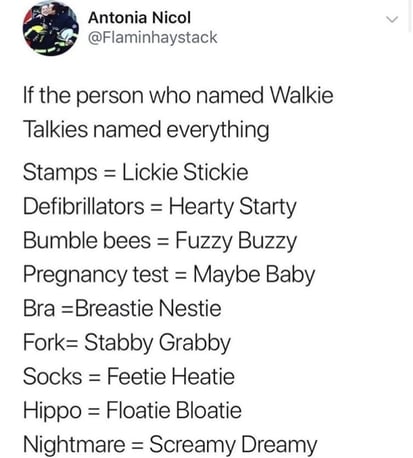
So I posed this question to some buddies of mine who specialize in SBA loans, and here are their replies:
Scott Coleman, the Business Development Officer for Harvest Small Business Finance, replied, "The minimum credit score to obtain an SBA loan from Harvest is 600. Past bankruptcies must be at least three years old."

Erik Shorey, a Credit Analyst for Celtic Bank, replied, "As to credit scores, I would say that applicants with credit scores of 640 or below are going to have an issue; but such (low scores) are not always a deal killer. Bankruptcies get really tough regardless. The SBA says that they need to be discharged by at least 24 months I believe. We have done a couple, but its few and far between."
Riley Risto, a Vice President for Gulf Bank, replied, "The SBA does not take a formal position on either bankruptcy or credit score minimums. These decisions are left to the lender within the bounds of prudent lending. The only requirement is that the lender spell it out in their credit policy and apply the policy uniformly."
Thank you, guys!

Now its time to go back and revisit the word, "portion", in the expression, "the SBA merely guarantees a portion of certain commercial loans..." The SBA does not guarantee the entire loan. Under the 7(a) guaranteed loan program, the SBA typically guarantees from 50% to 85% of an eligible bank loan. If a borrower defaults and the lender takes a loss on the loan, it submits the loss to the SBA to honor its guarantee. The SBA guarantees up to 85% on loans of $150,000 and less, and up to 75% on loans over $150,000.
So if a bank makes a $1,000,000 SBA loan, and it ends up losing $400,000, the bank will submit the $400,000 loss to the SBA to honor its guaranty. Because the original loan was over $150,000, the SBA will reimburse the bank for just 75% of the $400,000 loss; or, in this case, $300,000. The bank will have to eat a $100,000 loss.
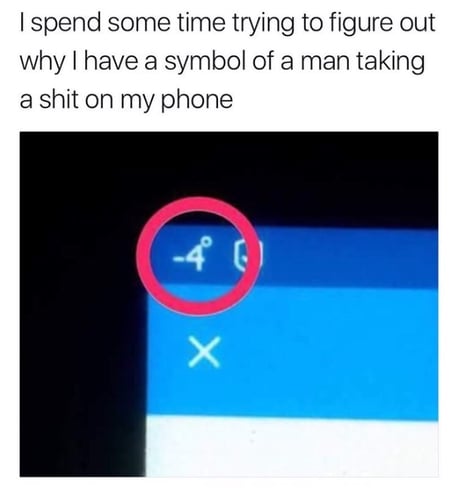
The reason this is important is that the lender making the SBA loan, often but not always commercial bank, stands to lose some serious dough if an SBA loan goes bad. Therefore different Loan Committees at different SBA lenders will perceive the risk differently.
An SBA loan applicant could easily be turned down by 40 SBA lenders, only to get funded by the 41st SBA lenders. For example, maybe the loan was to upgrade an old, money-losing bowling alley with new equipment. A member of the 41st lender's Loan Committee might have a brother in bowling alleys. "Oh, I know that Brunswick equipment. It's such a pleasure to use. Your borrower is going to smoke the competition."
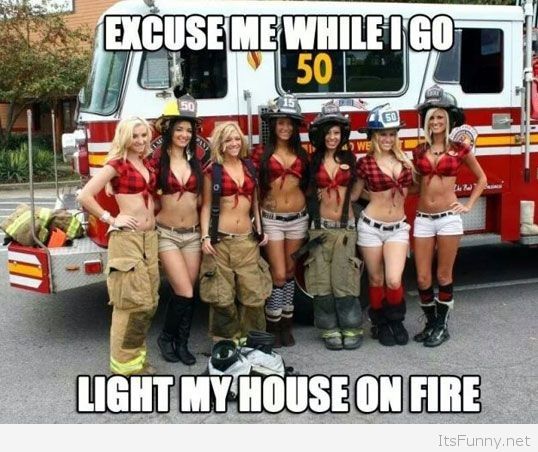
So if you have an SBA loan, you might have to submit that SBA loan request to dozens of different SBA lenders. Gee, if there was only an easy way to submit commercial loans to dozens and dozens of different lenders... Hellooo? C-Loans has 218 different SBA lenders!
